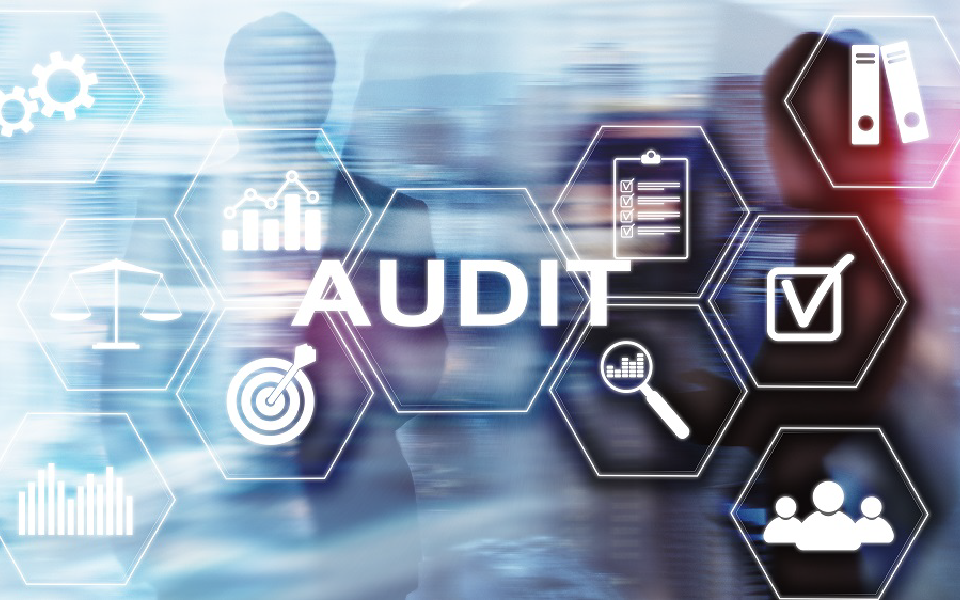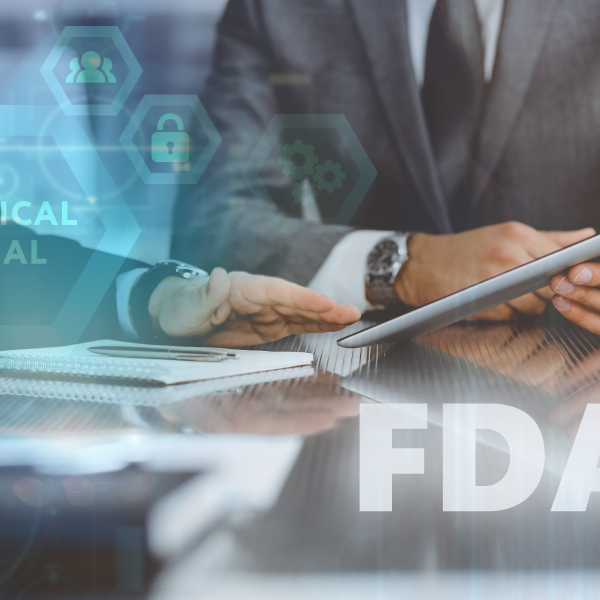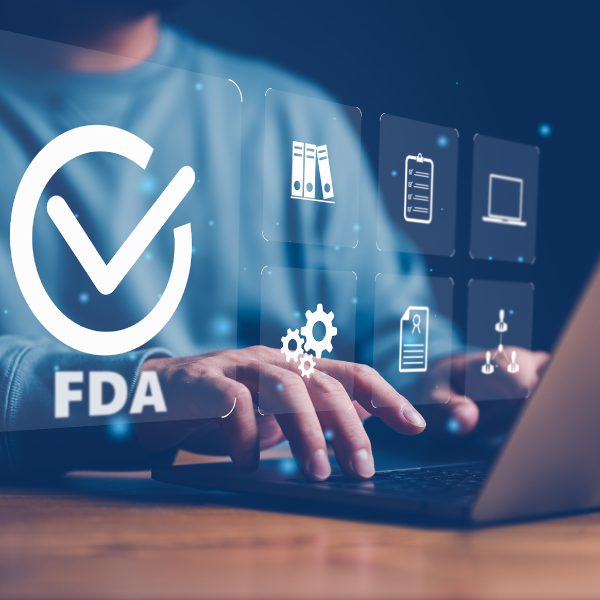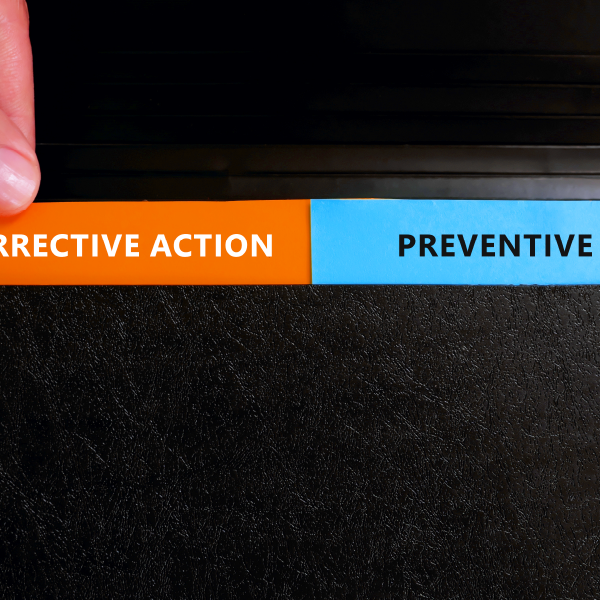How Zero Contact GXP Audits Ensure Compliance While Protecting Auditors and Auditees during the Global Pandemic

Remote audits are crucial for auditors and auditees in the pharmaceutical industry to help reduce health risks since the advent of the COVID-19 global pandemic. On-site inspections across pharma and other industries may not be possible due to multiple factors, including restrictions related to travelling, limited access to facilities to minimize health risks, and other restrictions governed by local authorities’ interim policies.
In addition to minimizing risk associated with the pandemic, it is also important to minimize the risks by identifying and addressing any compliance concerns as early as possible in the clinical trial. Zero contact audits pose a possible answer. Through organized preparation, pre-assessment of technical requirements, and providing a well-developed and detailed inspection agenda, zero contact audits can be a helpful tool to ensure compliance.
On-site audits pose health risks
The CDC recommends that people not living in the same home maintain social distancing by staying at least six feet apart, washing their hands frequently, and wearing a mask.
With the spread of COVID-19, social distancing can be quite difficult in many work environments and countless companies have opted to allow colleagues to work from home for extended periods of time.
Globally, this has forced clinical trial sponsors and regulatory agencies alike to reevaluate their auditing procedures, and it has drove them to find alternate methods and existing technologies to aid in these reviews. Utilizing tools already in place, firms have recognized that many portions of the audit process can be achieved remotely.
Increased audit backlogs causing issues
Back-logged, or delayed conduct of routine and other types of, audits has been an issue even prior to the pandemic. Now the issue is exacerbated, propelling the auditors to use remote techniques to catch up and also stay on top of the audits prescribed as part of their compliance programs.
Regulatory bodies have issued guidance on support for these measures, as well as reminders that quality audits are not optional and must continue as long as manufacturing, clinical trials, and product distribution continues.
Read the FDA statement from July 10, 2020 discussing remote assessments.
Why zero contact audits are critical to every pharma company
Zero contact audits are crucial in ensuring that the rights, safety, and well-being of clinical trial subjects are protected, and the quality and safety of medicinal products are accurate and reliable. Using electronic and virtual systems enables qualified remote auditors to facilitate and interact directly with the auditee company staff.
These remote audits allow sponsors of clinical trials four key components:
- Avoid delays in supplier qualifications
- Address compliance findings early by reducing the audit backlog and minimizing future surprises
- Become more efficient and thorough by receiving, sharing, and reviewing documentation and processes
- Operate according to their company and facility safety protocols, reducing the potential COVID-19 exposure and related risks
Ultimately, zero contact audits can be effective. With the use of existing technological tools and remote auditing methods, sponsors can continue to do what is required by law and complete the verification of compliance through periodic audits and evaluations.
For questions on zero contact GXP audits, email media@mmsholdings.com
Additional reading











